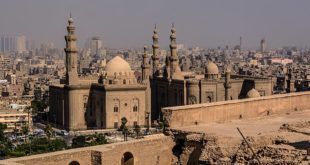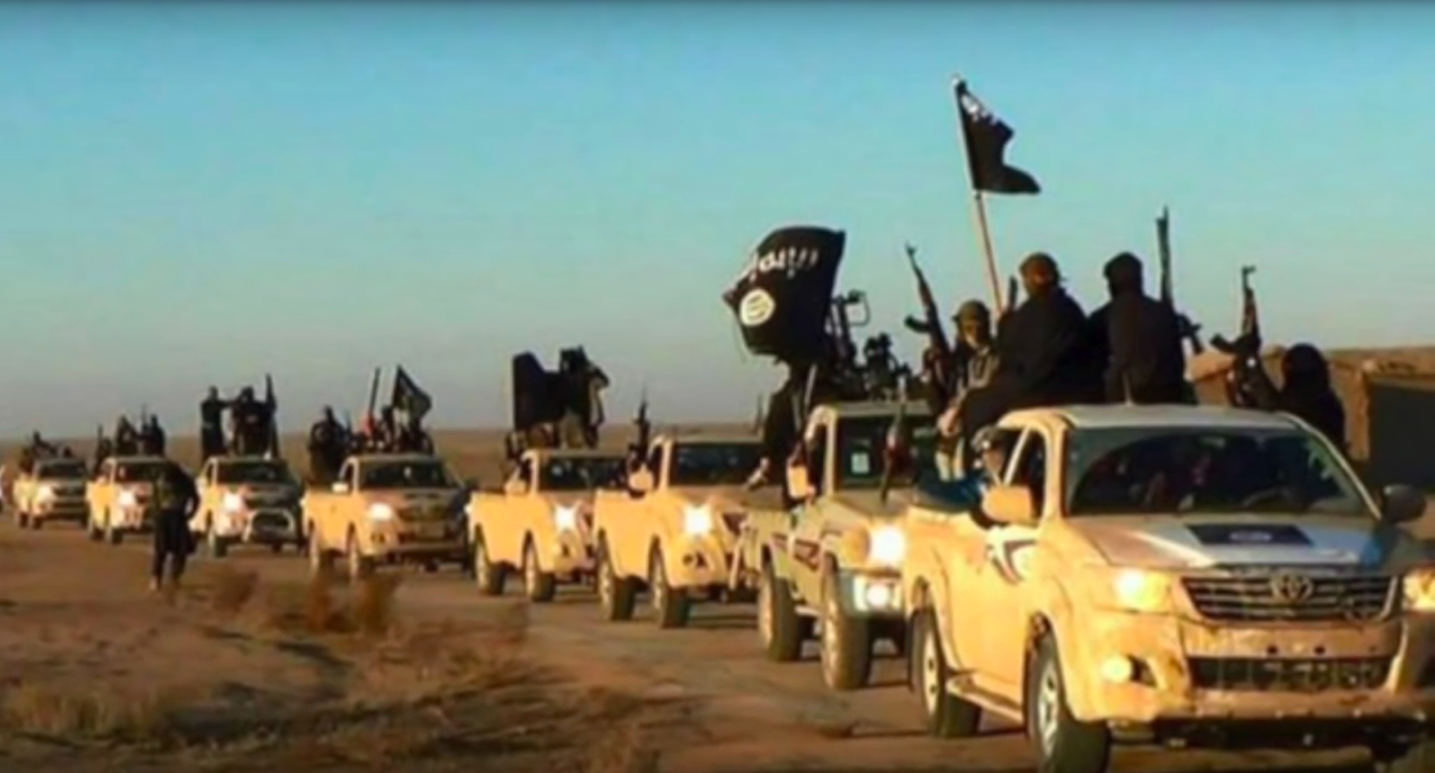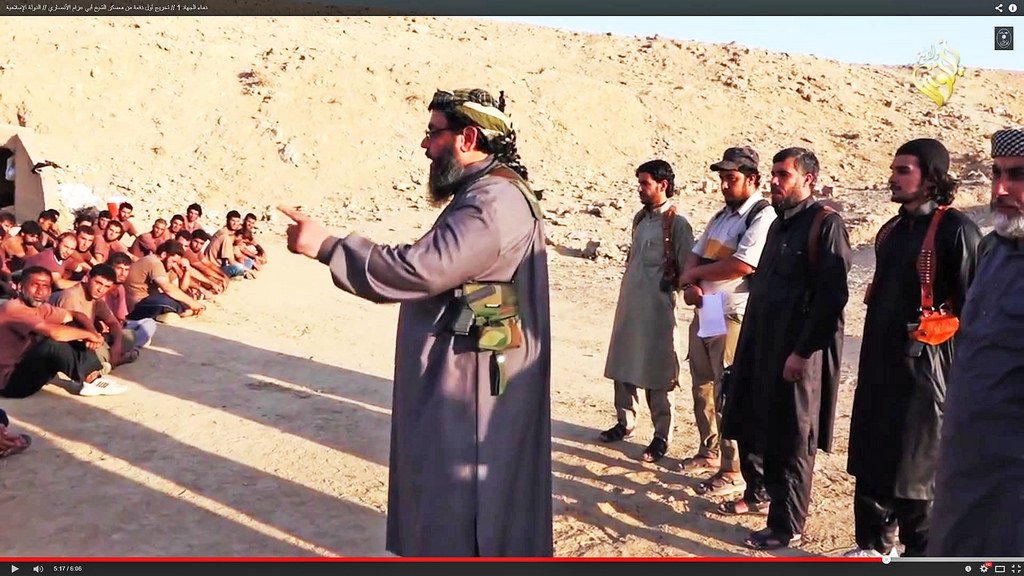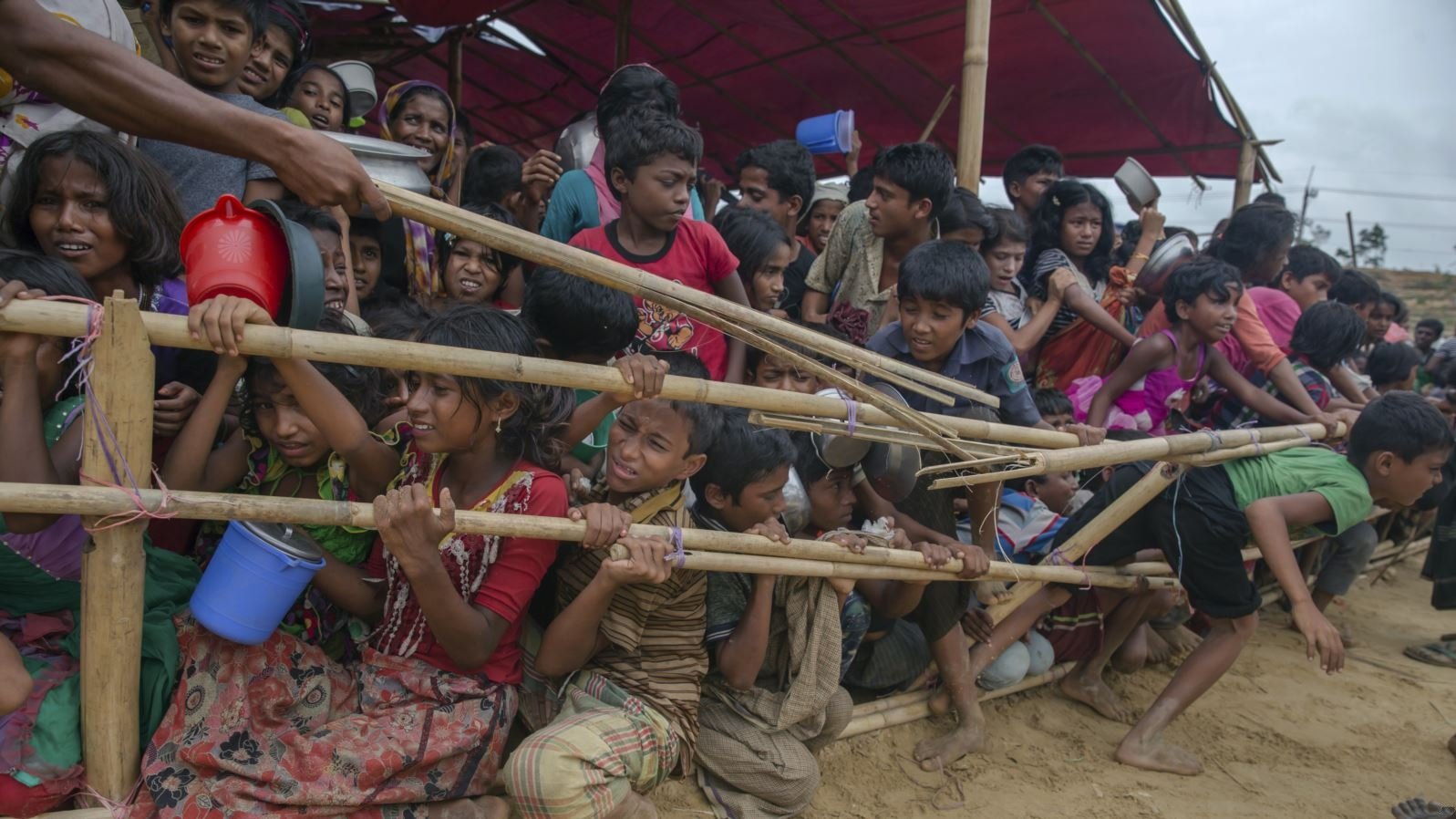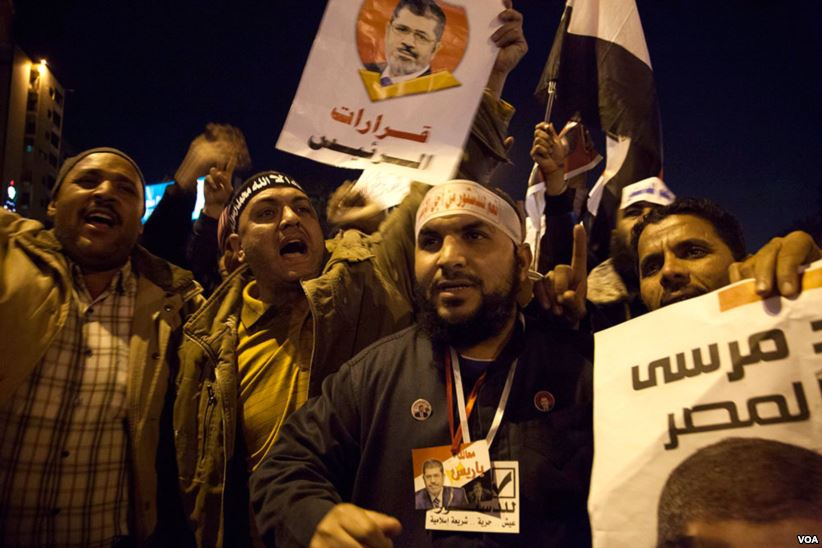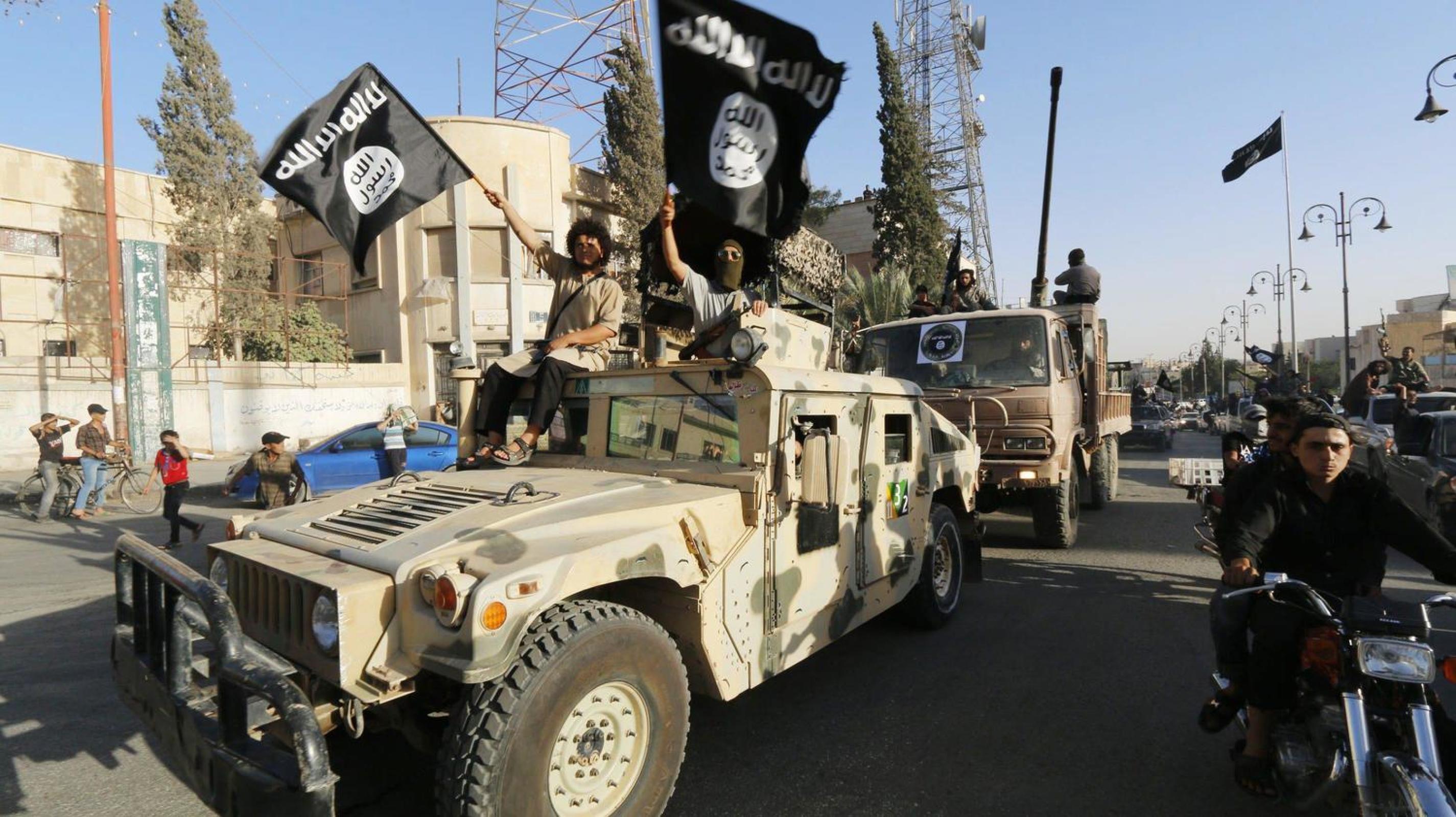The impacts of new media have long fascinated scholars of contemporary Muslim societies. Beginning from the premise that new media configurations portend the “fragmentation” of religious authority (Eickelman and Anderson 1999; Anderson 2003), such works often display a curious mix of euphoria and anxiety about the “democratizing” potential of new …
Read More »Muslim World
Undoing Stereotypical Representations in Arab and Muslim Cinemas: Challenges, Interruptions, and Possibilities
Abstract Troubled by a history of misconceptions on Western silver screens, Arab and Muslim filmmakers have kept their cinematic productions thematically close to the reality of their postcolonial cultural and social conditions, while trying to represent their communities in complex ways. In many efforts of artistic excellence, the films they …
Read More »Picturing Law and Order: A Visual Framing Analysis of ISIS’s Dabiq Magazine
Abstract The rise of ideologically-driven lone actor terrorist attacks, coupled with the use of Internet-circulated media products as sources of inspiration, raises the need to understand the message strategies embedded in media campaigns of groups like ISIS. To better understand “enforcers” of ISIS’ interpretation of Shari’a law on the global …
Read More »Sources of Resilience in Political Islam: Sacred Time, Earthly Pragmatism, and Digital Media
Patience. [The member] should have plenty of patience for enduring afflictions if the enemies overcome him. He should not abandon this great path and sell himself and his religion to the enemies for his freedom. He should be patient in performing the work, even if it lasts a long time. …
Read More »International Media Discourse on the Crisis of Rohingya Muslims (Arabic)
Scroll down for the Arabic abstract. This research tackles the crisis of the Rohingya Muslims in the discourse of foreign websites, aiming to analyze the structural features of the selected websites' discourse. It mainly analyzes the websites discourse pillars and their declared positions towards the crisis. This was conducted by …
Read More »REVIEW | Islam for Journalists (And Everyone Else)
Most American journalists probably know little about covering Islam accurately, fairly, ethically and contextually amid rising levels of xenophobia, hate speech and “fake news” in the U.S., but help is on the way. In 1980, I arrived in Beirut as CBS News Middle East correspondent. My qualifications for covering this complex …
Read More »Roots of Religious Extremism: The Muslim Brotherhood and the Four Faces of Tyranny
One way of getting to the “root causes” of terrorism and religious extremism in the Middle East is to examine the thinking of the mother organization of all groups and movements espousing violence and terrorism. Fortunately, the history of the Muslim Brothers is well researched. The revelations of the organization reflect a great deal of inconsistencies between the general and the specific: public pronouncements and specific documents, theory and practice, English and Arabic.
Read More »Obsessing over Jihadi Otherness: Radicalism’s Evolution and the Failure of the Post-Colonial Arab State
The rise of the Islamic State group (which will be referred to as ISIS), from the perspective of those in the Middle East drawn to it, rather than Europe where the French scholar Olivier Roy has proposed the idea of the “Islamization of radicalism,” can be discussed within the framework of a number of deeper phenomena in Arab societies since the mid-twentieth century.
Read More »AMS Feature Interview: Nart Bouran, General Manager and Head of News, Sky News Arabiar
A month after the launch of Sky News Arabia, Arab Media and Society editorial board member S. Abdallah Schleifer talked to general manager Nart Bouran about his vision for the new channel, its ownership, the saturated field of pan-Arab television and the future of local television channels.
Read More »Book Review: Arab Cultural Studies: Mapping the Field
Ramy Aly reviews and critiques this volume of articles edited by Tariq Sabry, calling it the most coherent attempt yet to “create a reflexive disciplinary self-consciousness” for the nascent field of Arab cultural studies. The book’s strength, he writes, lies in its “unapologetic diagnosis of the weaknesses” of current Arab media, communication and literary studies and its proposals for a way out of this disciplinary impasse.
Read More » Arab Media & Society The Arab Media Hub
Arab Media & Society The Arab Media Hub
